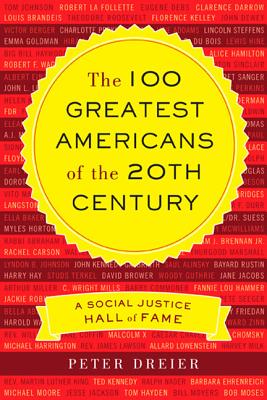The protest movement that began at Zuccotti Park last September, and took a brief winter break after being evicted from their Occupy sites in December and January, is back in action, mounting escalating protests to demand that Wall Street banks and big business invest in homes and jobs for ordinary Americans. On May 20, more than 1000 activists from National People’s Action and the National Domestic Workers Alliance protested at Treasury Secretary Tim Geithner’s suburban home to demand that he – and the Obama administration – support a financial speculation tax on banks and require banks help families with “underwater” mortgages refinance their loans so they can stay in their homes and avoid foreclosure. My article about the protest, “Activists Visit Geithner’s Home to Ask ‘Which Side Are You On?’” was published on Huffington Posttonight. Find photos here and a video of the protest here.
Since last month, a diverse coalition of unions, community organizing groups, MoveOn, faith-based activists, and others have taken to the streets, corporate headquarters, and stockholder meetings to demand more accountability from the 1%. They’ve protested at the shareholder meetings of such companies as Cigna, General Electric, Wells Fargo, Verizon, Bank of America, Hyatt, Tesoro, Sallie Mae, and Walmart, as I wrote two weeks ago in my Nation article, “Occupy Activists Resurrect May Day for Americans,” .
As part of this escalating protest movement, the National Nurses United held a rally in Chicago on Friday, a few days ahead of the NATO summit, calling for the financial speculation “Robin Hood” tax on Wall Street, as David Moberg reports in In These Times. Like the protestors at Geithner’s house, they want Congress to enact a tax of 50 cents on every $100 of trades of stocks, bonds, dividends and other financial transactions, which are not currently taxed. The U.S. would join more than a dozen other nations that already have a financial transaction tax, according to National Nurses United. It would exempt those trading less than $100,000 a year, which means that the tax would target the very rich. Supporters include Nobel Laureate economists Paul Krugman, a New York Times columnist, and Joseph Stiglitz, the former World Bank chief economist.
